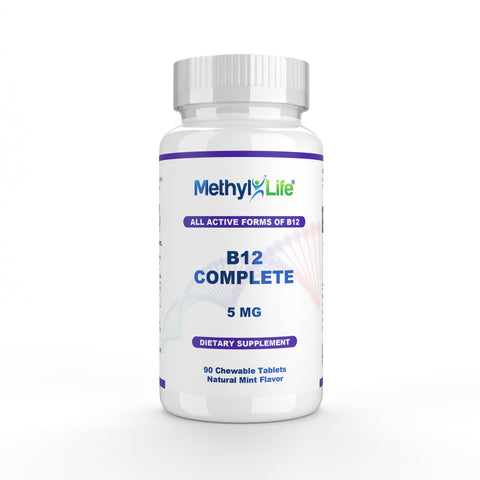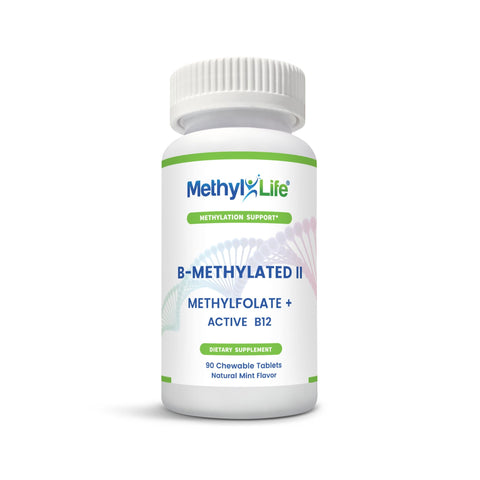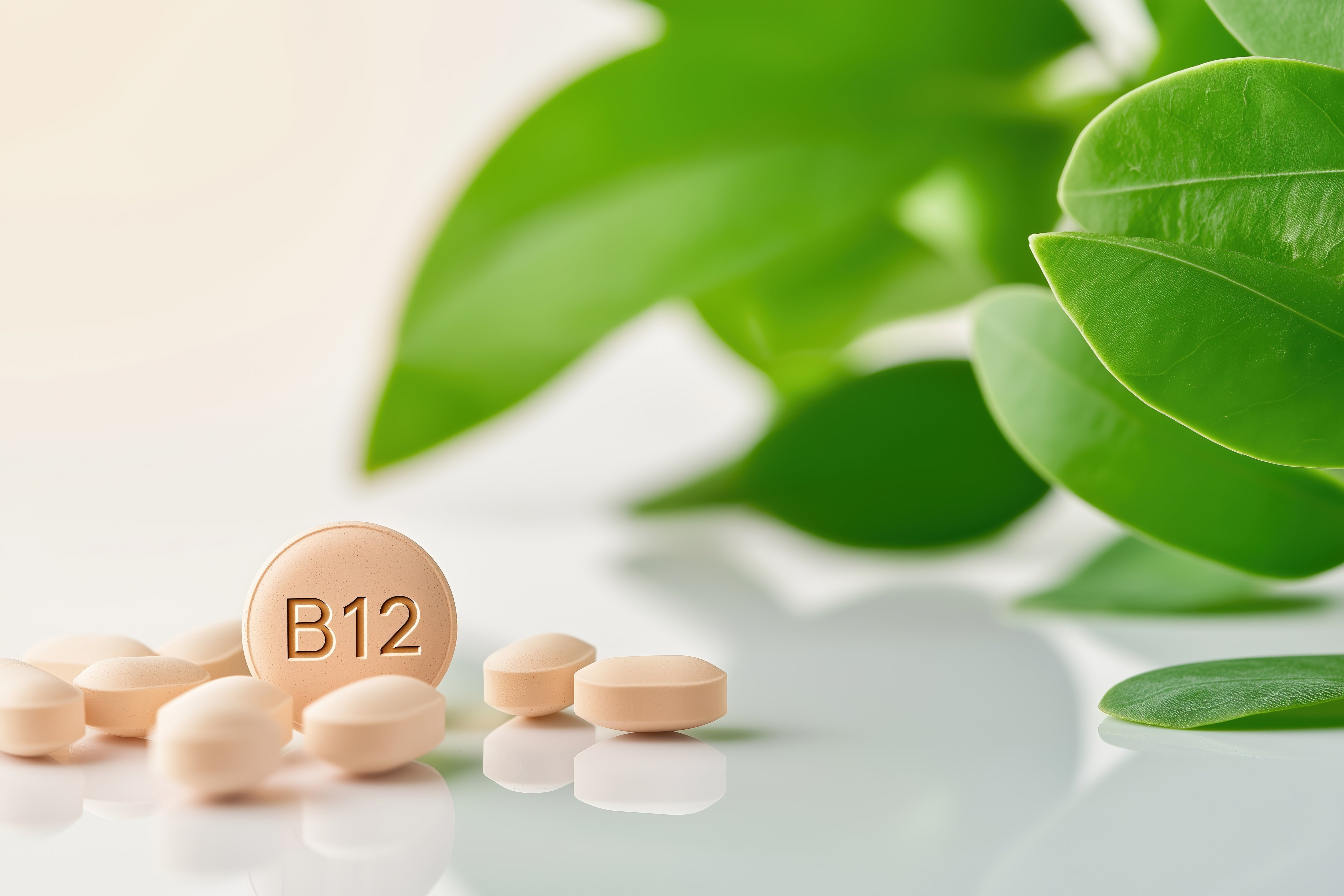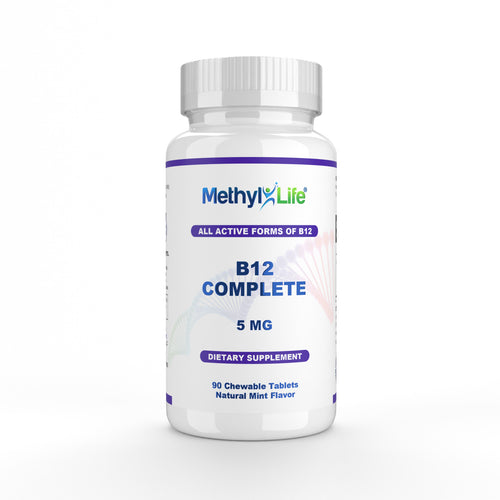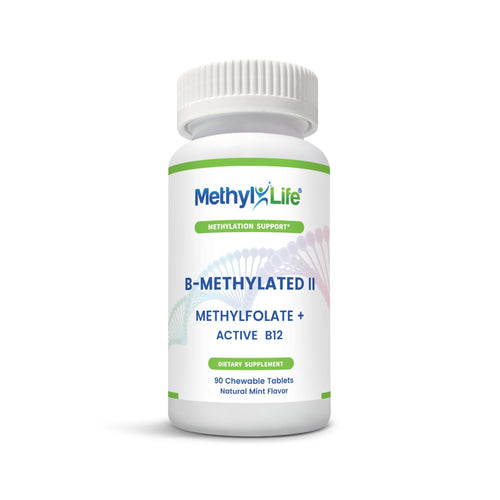Which B12 form is best based on your genetics?
One of the most common nutrients to consider when supplementing the methylation pathway is the proper form of B12. There are 3 bioactive types of B12 that are considered extremely beneficial to the body: hydroxocobalamin, methylcobalamin & adenosylcobalamin. Many automatically think that if you have an MTHFR defect, then you need the B12 form, methylcobalamin, but this is simply NOT true. It is important to realize that the MTHFR status does not determine the type of B12 that’s best for you, instead it’s the status and combination of genes like COMT, MTR, MTRR as well as VDR Taq. Although methylfolate and methylcobalamin do work together within the methylation cycle, tolerating one does not guarantee you’ll tolerate the other—even though many healthcare professionals suggest otherwise.



